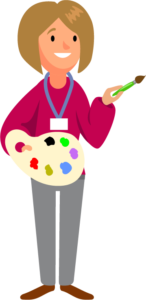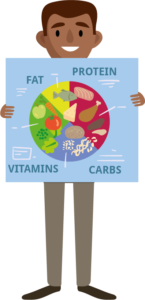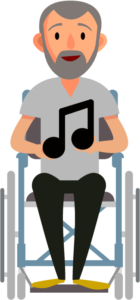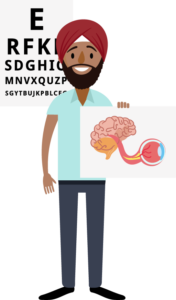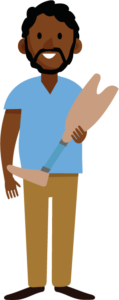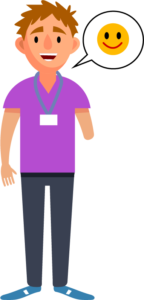Who are Allied Health Professionals?
This page explains more about the role of Allied Health Professionals and how to become an Allied Health Professional Support Worker.

Care focussed on prevention and improvement
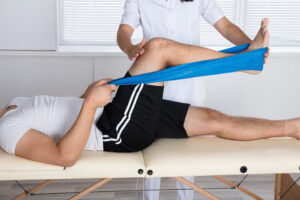
The Allied Health Professions (AHPs) are the third largest clinical workforce in the health and care. They include 14 degree level professions that are assisted by AHP Support Workers.
AHPs provide system-wide care to assess, treat, diagnose, and discharge patients. They work across a wide range of different settings including the community, people’s homes and schools, as well as hospitals.
AHPs focus is on prevention and improvement of health and wellbeing to maximise the potential for individuals to live full and active lives.
Support workers, senior support workers, assistants and assistant practitioners work with AHPs, providing high quality, life changing care across a range of acute and community services.

